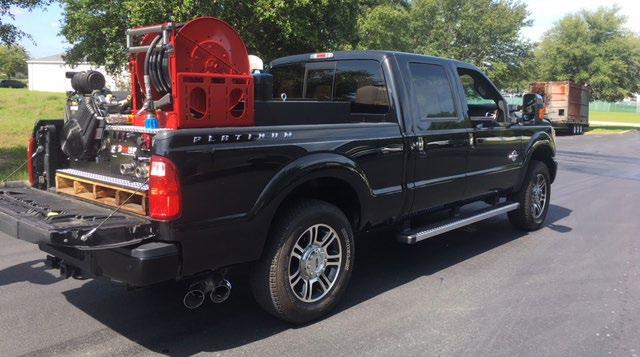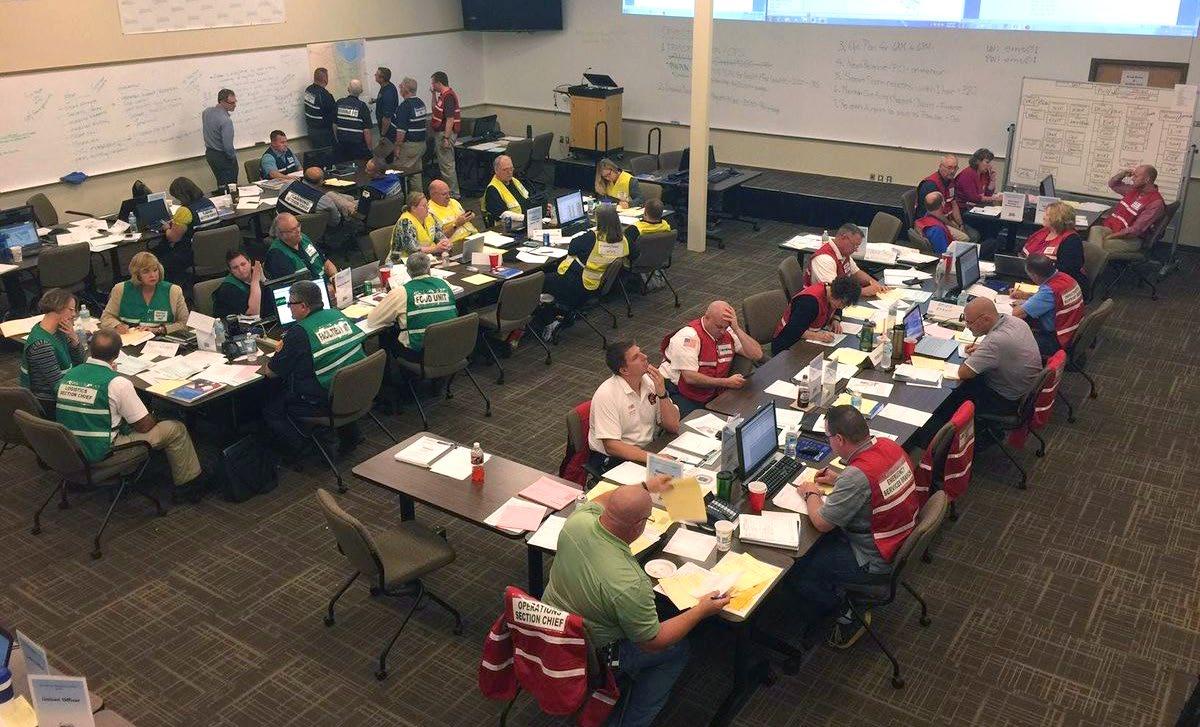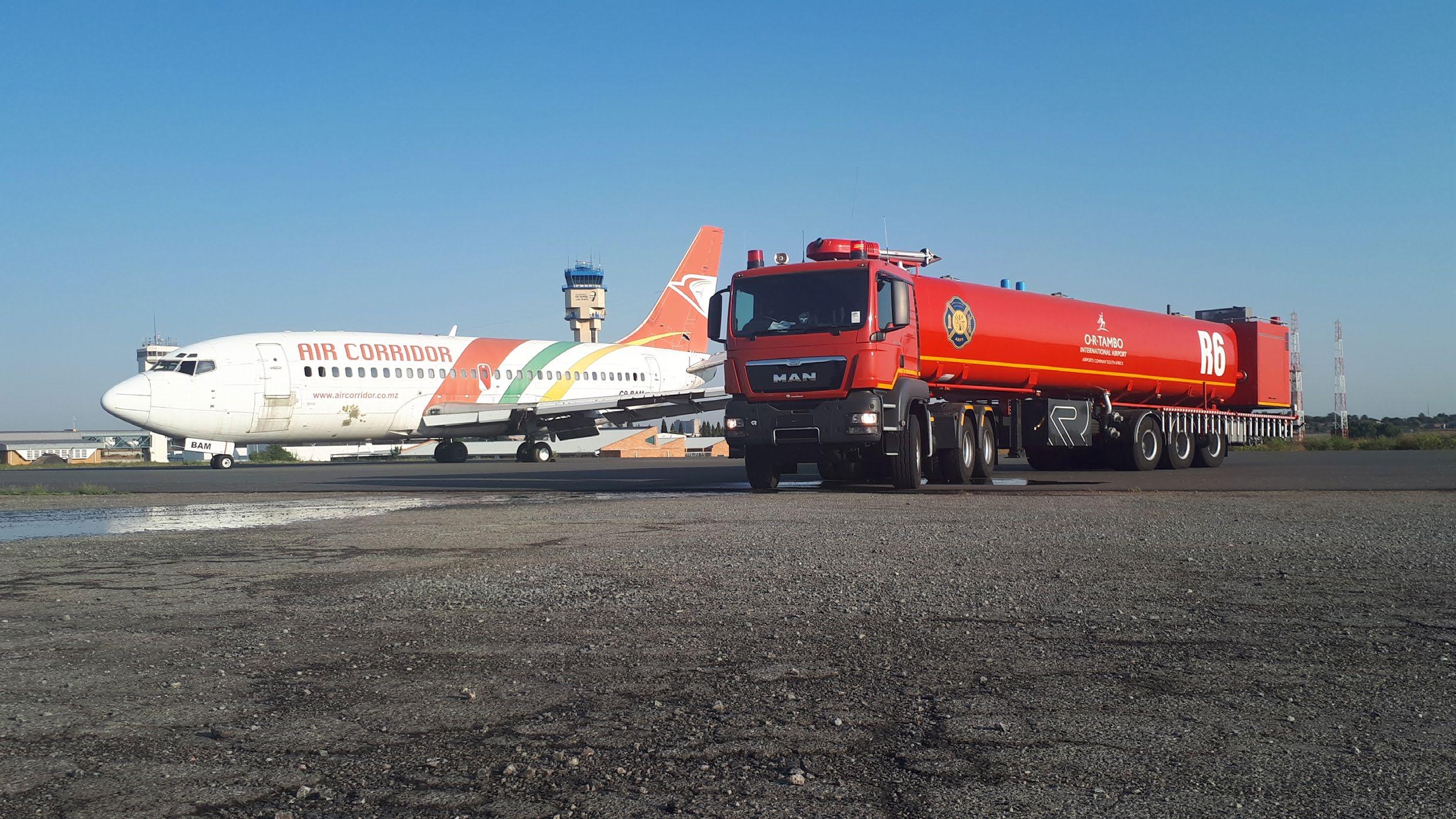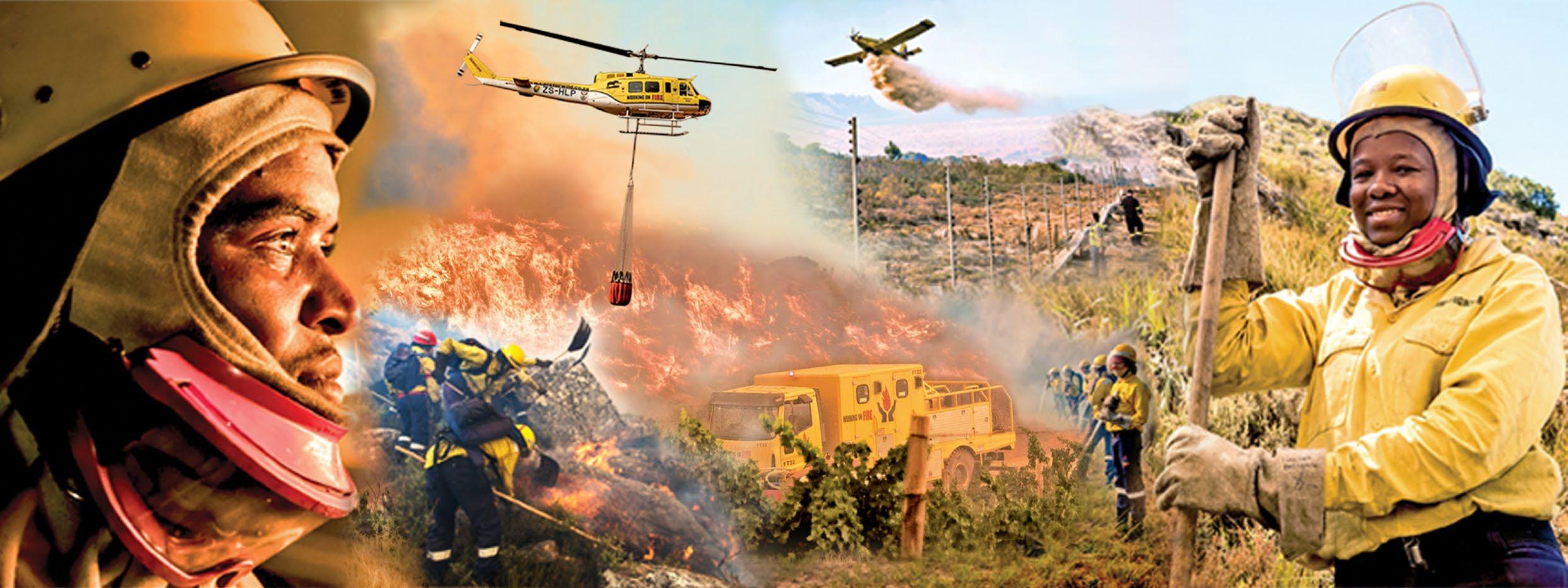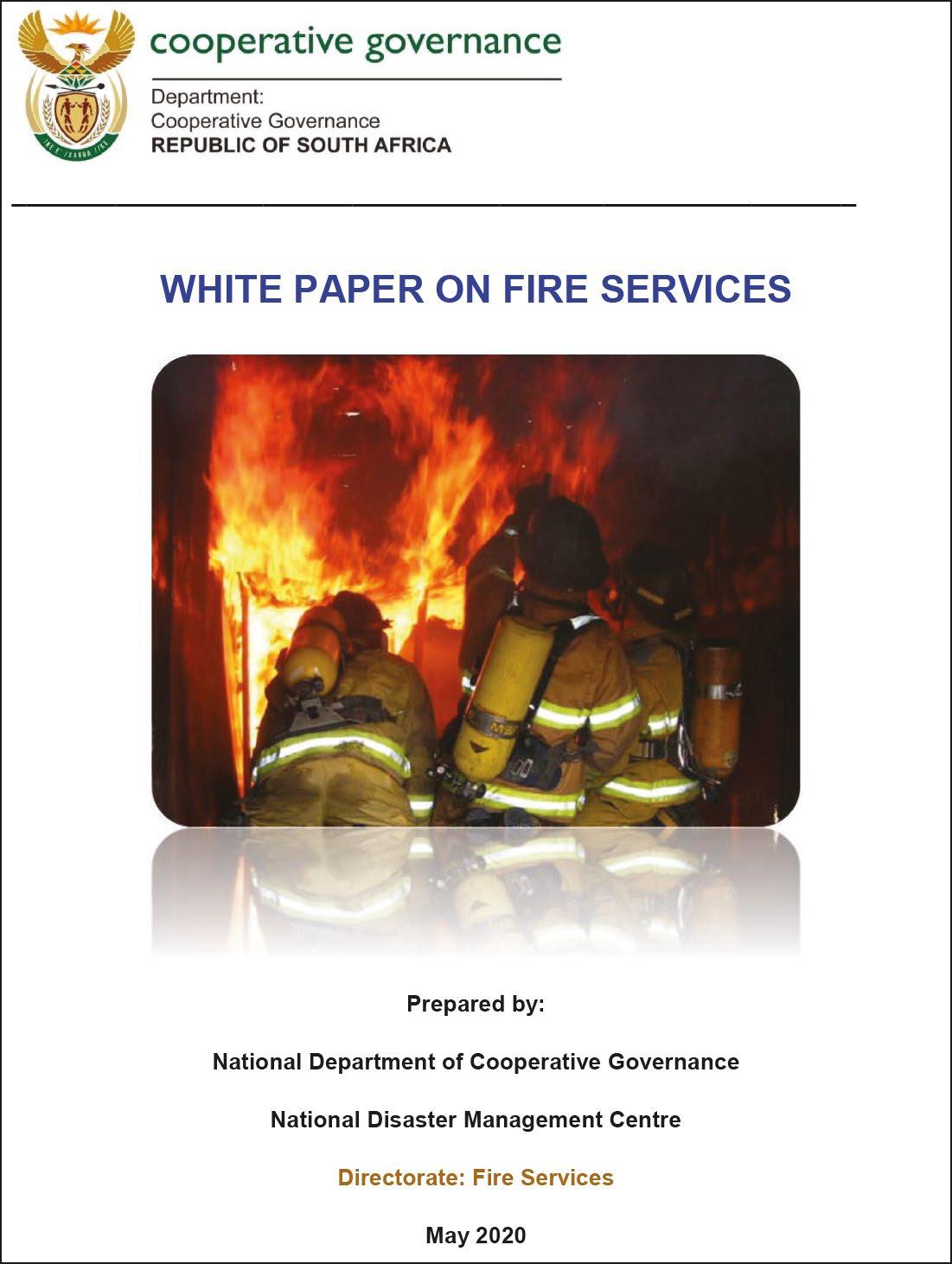Wildfires Strap
The Garden Route in flames: Chapter III - Developing the basic regional fire prevention plan A book by Dr Neels de Ronde
T
he following article is the third in the series of excerpts from a book written by Dr Neels de Ronde, The Garden Route in flames. Dr de Ronde lives in Sedgefield in the Southern Cape, South Africa and has done extensive research in the field of land management and wildfire prevention. Dr de Ronde gave permission to Fire and Rescue International to publish the book in the magazine in separate sections for the benefit of all forestry and wildfire managers, fire protection associations and land owners in order to gain insight and an understanding of the intricacies that form the basis of such extreme fires and how it can be prevented, highlighting effective fuel management and fire prevention measures. 3.1 Developing the basic regional fire prevention plan: The top-down approach At this early stage of creating the regional fire prevention plan, it is important that we identify the natural as well as artificial fire protective lines and structures in the landscape, which can be used to advantage for this purpose and to determine where these lines can be incorporated into the fire prevention plan. This requires a holistic outlook for solving effective reduction of extreme fire hazard situations in the regional landscape, without even considering fixed lines, such as property boundaries. This is important because these lines (property boundaries) are all man-made and for fire protection purposes, many will be the worst to use for
involved in the incident. Emotions have no place in a debrief. Training The use of qualified, experienced incident command system facilitators is vital. A one or two course coaching opportunity does not make a person an ICS facilitator. ICS is not just about reading from a slide or a book; it is to provide an understanding of implementation to each student in front of you. As an ICS facilitator, if you do not understand the process and each step’s role, responsibility, Volume 5 | No 5
such goals because of wrong (ineffective) routes being selected for fire protection purposes! Effective fire protection can only be achieved if the terrain (general topography, aspect and slope steepness) is properly assessed, together with the direction from where “hazardous fire approach” is most probable, such as from the general northerly direction along the Garden Route. Then the fire history (and mapping thereof) is also totally neglected and in particular the related changes in vegetation age of some areas and this includes in particular the consideration of the 2017 and 2018 wildfires into future regional planning. I fail to see such plans. Where is the regional plan for the Garden Route, as affected by the recent wildfires? I will, with this writing, provide some guidelines for such a future plan. However, my attempts will here only be to provide some ideas and by no means are any of these “units” or “buffer zones” fixed. This depends on the actual vegetation cover and classification of the subregional areas. Remember that all this planning will have to be flexible, so that these can be adjusted in the case of future significant wildfires taking place. 3.2 Basic after fire decision-making The most useful topographical features along the Garden Route, which can be used for fire prevention purposes, are the rivers carving through the plateau, from the mountains in the north to the Indian Ocean in the south. Then the national
forms, inputs and outcomes, you are not ready to train ICS. Use registered training service providers and ask for qualifications in ICS training skills.
• Is it because we think we do not
Lessons learnt outcomes must be shared and implemented! It is of no use if it is only on paper and not shared with all. Ask yourself, why are we not sharing lessons learnt from incidents? • Is it because it is about people or organisations and not what happened? • Is it because egos are too big? • Is it because we do not care?
share new ideas because then it is not yours? • Is it because someone in a lessor rank/position can’t have better ideas?
make mistakes?
• Is it because we think it will not
happen again?
• Is it because we do not want to
Share, share, share then we will all learn from mistakes. Do not keep your lessons learnt a secret. It might just save a life. FIRE AND RESCUE INTERNATIONAL | 19




